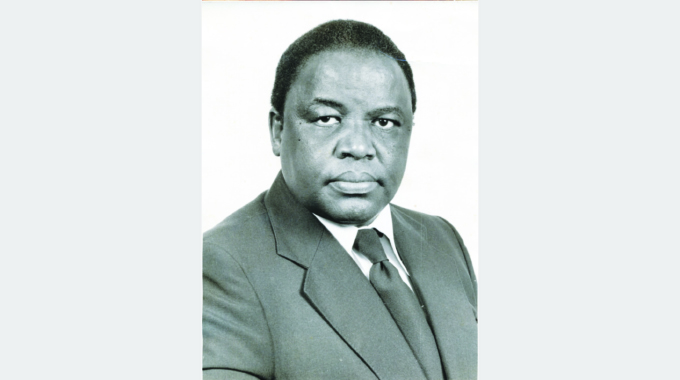Company sets up US$400k poultry farm

Sifelani Tsiko
Agric, Environment & Innovations Editor
A new poultry farm has been commissioned in the Beatrice area with a capacity to produce more than 30 000 chickens per cycle for the local market.
Maliro Group of Companies invested more than US$400 000 on the chicken coops and associated facilities on Didcot Farm.
Speaking during the commissioning, Maliro Group of Companies managing director Edwin Chinyandura said that the poultry farm would contribute to food security in the country and also create jobs.
“We are so excited to launch the first phase of the project which will see us produce 30 000 birds inside the new bird house. We fully support President Mnangagwa’s vision to increase agricultural production, create jobs and help the country to attain its vision 2030 agenda to become a middle income economy,” he said.
“This project has created more than 100 jobs and we are working to improve the livelihoods of the local community. We have sunk two boreholes for the local community and built a road to help local farmers access the local market.”
The group, with the support of investors from the United States and India, plans to build four more complexes that can each hold up to 120 000 birds.
“Once we complete the second and final phase of the project by the end of 2023, we will have the capacity to produce up to 480 000 birds at a time,” Chinyandura said.
“Audits were done and I am happy to say the new complex met all the standards and requirements of a major poultry buyer to whom we are supplying the chickens.
“Our aim is to create wealth, jobs and improve the full use of our land. We are not ending here. We also intend to expand into other African markets and others across the world.”
Apart from the chicken farm, the Maliro Group of Companies also plans to venture into fish farming and mining.
Chief Seke, Stanley Chimanikire, commissioned the poultry farm and hailed the group for investing in his area.
“We as traditional leaders have a mandate to facilitate development. I am so excited about this new poultry project which will create jobs and improve livelihoods,” he said.
“We have to support and promote our President’s vision to improve agricultural production and help our country to attain its 2030 vision to become an upper middle income economy.”
Chief Seke said it was important for Zimbabwe to produce its own chicken meat and reduce reliance on imports.
“We must fully use our land to increase our agricultural production. We must make Seke a shining economic model with projects that drive economic growth.
“The market for chickens is huge. We must facilitate development projects and desist from demanding bribes. Corruption, greed and selfishness does not build our economy.”
Village head Kiliveria Manyuchi hailed the Maliro Group of Companies for investing in her area.
“As farmers we look forward to getting support from you to uplift other farmers in our area.
“Farmers need to support each other and look for markets and investors,” she said.
The chicken production process meets all international standards and norms with strict observation of phyto-sanitary protocols.
Poultry farming in Zimbabwe and most other African countries is one of the biggest business opportunities on the continent.
Zimbabwe and Africa have seen demand for poultry meat and eggs grow at a staggering pace.
Every year, the continent imports more than two million tonnes of poultry products valued at more than US$3 billion to meet domestic demand.
All this is increasing with the size of the rapidly urbanising population.
Last year, Zimbabwe’s poultry production rebounded from a decline in 2020 due to a successful crop season.
Output was estimated to have increased to 156,078 tonnes in 2021.







Comments